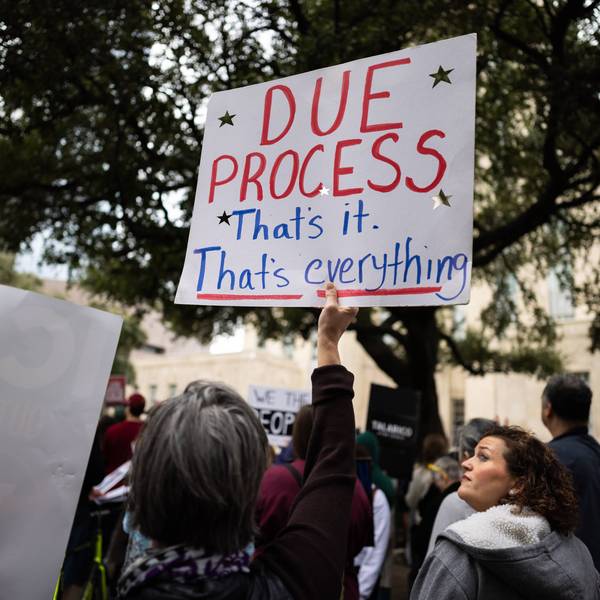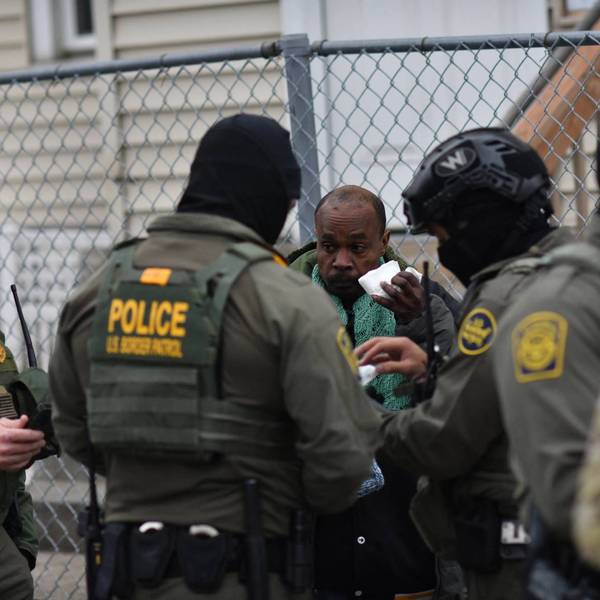Ferguson, Missouri has become a flashpoint of anger and resistance to police racism and violence in America. But a new study from USA Today finds that, when it comes to racial disparities in arrests, what the people of Ferguson face is status quo.
In fact, at least 1,581 police departments across the country arrest black people at greater rates than in Ferguson, notes Brad Health in a USA Today summary of the study, which is based on the evaluation of arrest data submitted by police departments to the FBI.
Data shows that disparities in arrests are near ubiquitous. In almost all of the 3,538 police departments investigated, black people are likely to be arrested more than other non-black racial groups for every type of criminal charge.
Ferguson is not even the worst on arrest disparities in St. Louis county. According to Health, over two dozen police departments in the area have worse track records on this front than Ferguson. For example, in Clayton, Missouri, 47 percent of people arrested are black, while only 8 percent of residents are black.
These trends do not spare so-called "progressive" university towns. In Berkeley, California and Madison, Wisconsin, black people are arrested nine times more than non-black racial groups.
The FBI does not track arrests of Hispanic people, and the study does not look at statistics relating to arrests of people of color more broadly. Furthermore, analysts argue that FBI data on law enforcement conduct is often inaccurate and unreliable, because it relies on police departments' self-reporting. In addition, many police departments simply do not report detentions to the FBI.
Nonetheless, Health argues the study offers into the arrest disparities black people in the U.S. face. "When it comes to racially lopsided arrests," writes Brad Health for USA Today, "the most remarkable thing about Ferguson, Mo., might be just how ordinary it is."
The report follows studies that find, once in custody, people of color are more likely to face jail and prison time. This includes a report (pdf) released in July by the Vera Institute of Justice, which finds that, Black and Hispanic defendants are more likely to be detained in jail before their trials and handed plea deals that include prison time than their white and Asian counterparts accused of the same violations.



